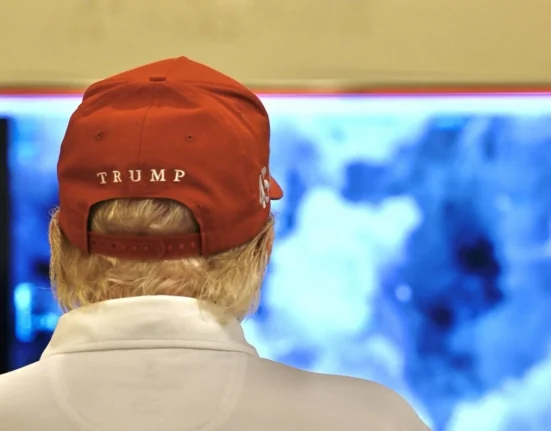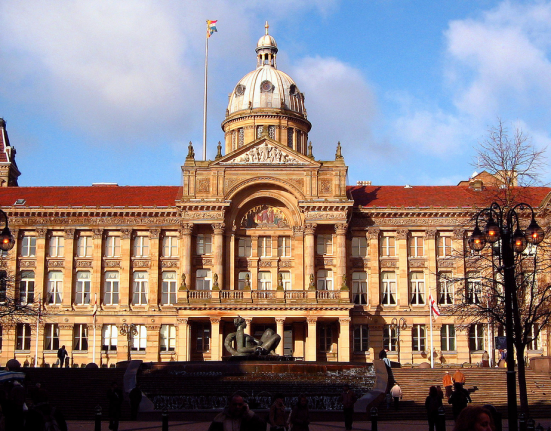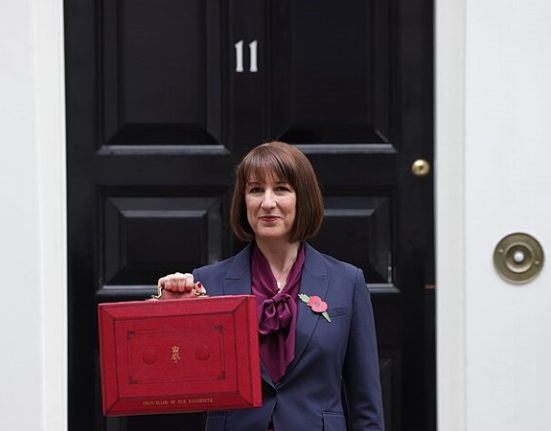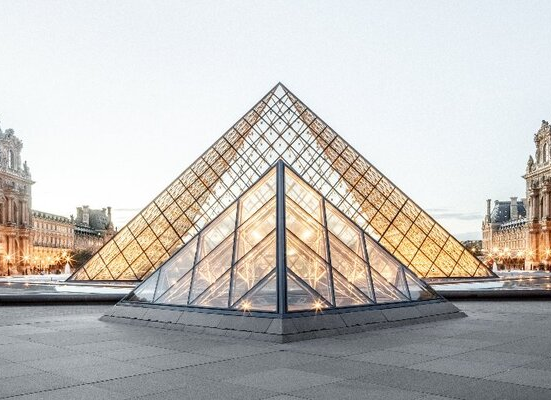Norway finds itself at a crossroads where virtue meets realpolitik. The theatre of ethics is clashing head-on with the choreography of geopolitics.
For over two decades, the world’s largest sovereign wealth fund, a staggering £1.4 trillion pot of oil-rich gold, has stood tall on its ethical pedestal, refusing to touch defence giants like Boeing, Lockheed Martin, or Honeywell. It’s a beautiful narrative, soaked in good intentions. But narratives have a nasty habit of ageing badly in the face of global insecurity.
As threats mount and the West tightens its military alliances, Norway’s ethical purity is looking increasingly performative. You can’t sip lattes under the safety of the NATO nuclear umbrella while pretending your investments are too morally superior to touch the companies holding it up. It’s moral outsourcing at best – rank hypocrisy at worst.
Ushering in an era of strategic realism
Enter the Conservatives and the Progress Party. Their call to scrap the ban is a PR masterstroke and a sign of the times. This isn’t about cash. Norway’s fund doesn’t need a few billion more. It’s about legitimacy. It’s about owning up to the realities of the modern world, where values are tested not in white papers but on battlefields.
The optics of this are fascinating: a nation built on oil wealth, shunning defence stocks while relying on the defence shield of others. The performance has run its course. The curtain is rising on a new act – one less unrealistically sanctimonious, and more realistically strategic.







